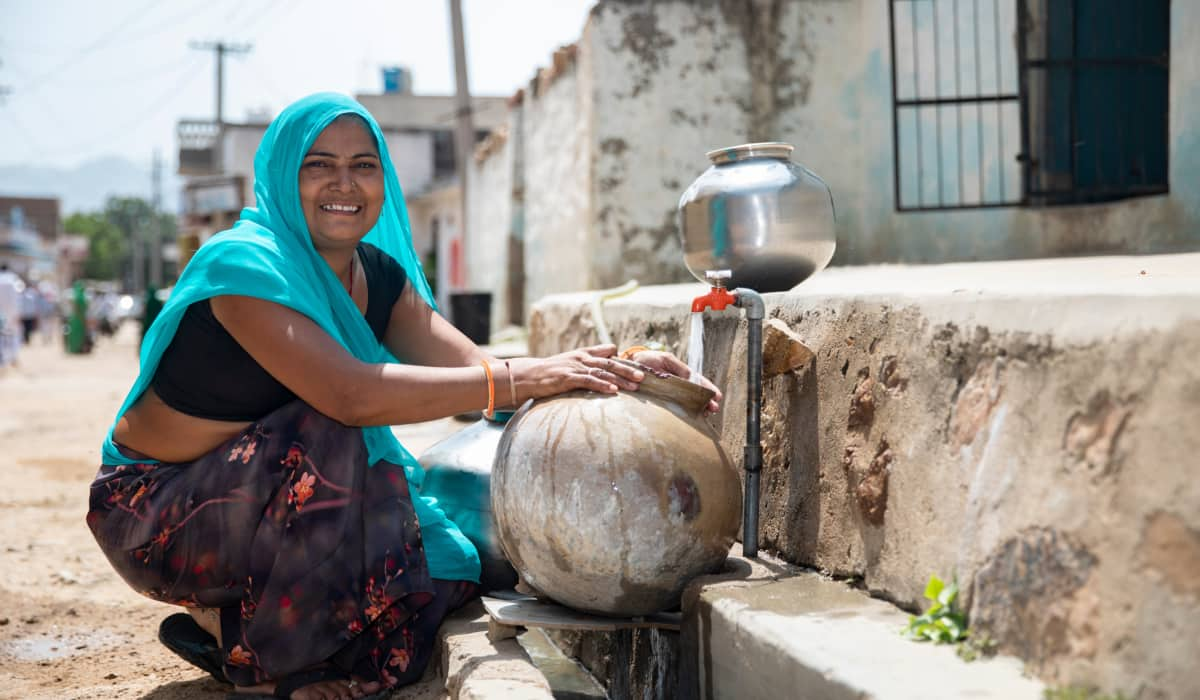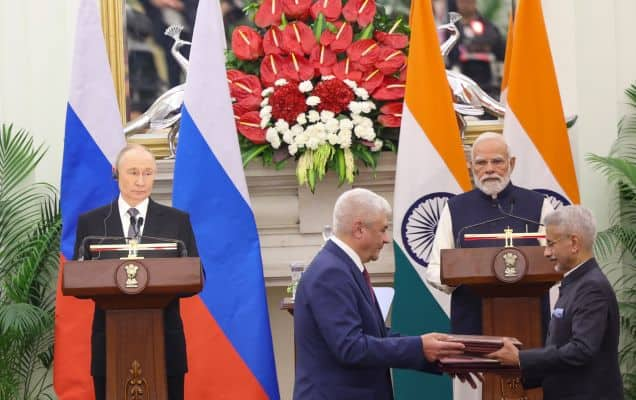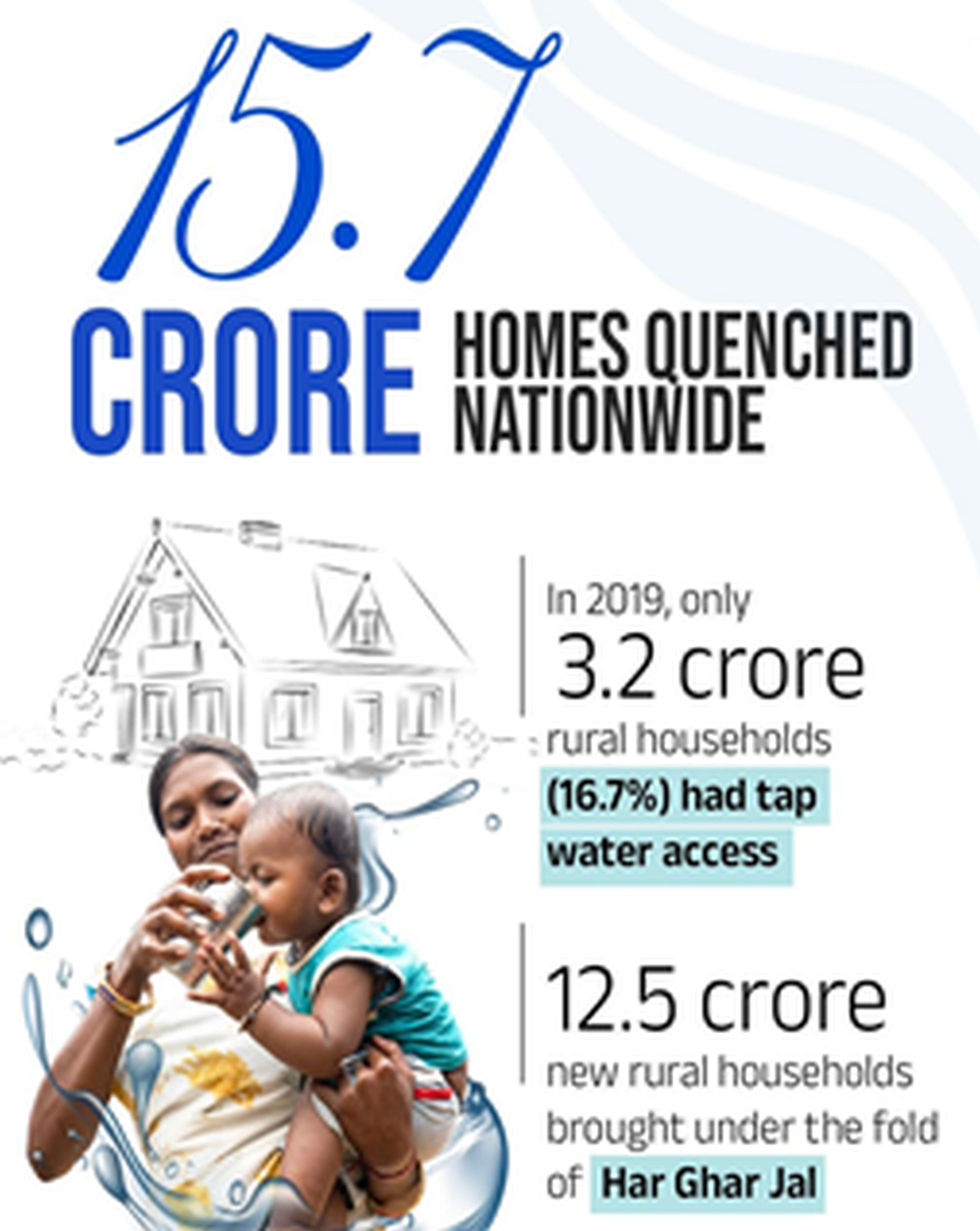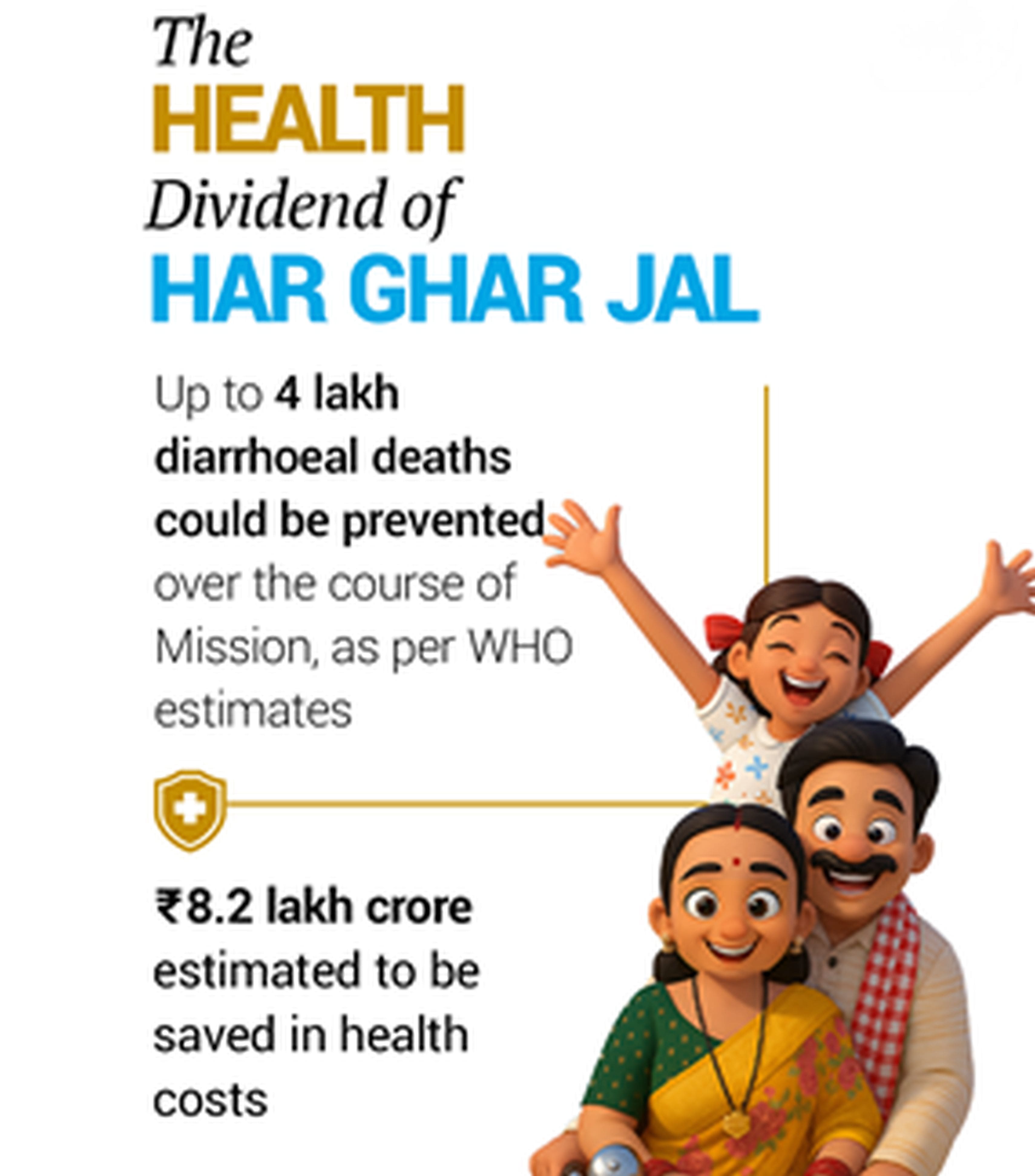With its origins dating back over 5,000 years, Ayurveda has evolved into a holistic system of medicine that not only addresses physical ailments but also nurtures the harmony between mind, body, and spirit. In the diverse landscape of India, Ayurveda has thrived as a time-honoured healing tradition, offering a unique blend of natural remedies, dietary guidelines, and lifestyle practices that aim to restore balance and vitality. Under the dynamic leadership of Prime Minister Narendra Modi, Ayurveda has experienced a renaissance, with renewed efforts to integrate its principles into modern healthcare, promote research, and position it as a beacon of holistic wellness on both national and international fronts.
Prime Minister Narendra Modi has underscored the significance of Ayurveda, portraying it not merely as a medical system but as an integral facet of Indian tradition and ethos—a veritable way of life. Recognising India as the birthplace of Ayurveda, PM Modi has expressed unwavering commitment to amplifying its global influence. India takes strides to expand Ayurveda's global footprint, which symbolises a harmonious blend of ancient wisdom and contemporary global wellness paradigms. Underlining a revolutionary shift towards wellness and prevention, PM Modi has reiterated the significance of integrated and holistic medicine systems for the overall health and wellness of the populace.
PM Modi took to X in 2021 to declare the WHO's decision to announce the setting up of the Global Centre for Traditional Medicine in India, which has encouraged students from various countries to come to India to study Ayurveda and traditional medicines.
Prime Minister Modi has steered the nation's health agenda towards comprehensive methodologies, intertwining integrated medicine systems to address contemporary health challenges. He has underlined the pivotal role of evidence-based research structures in the 21st century, stressing the importance of their contribution.
During the pandemic, the global demand for Ayurvedic products soared, registering a remarkable 45 per cent increase. Prime Minister Modi celebrated this surge as a testament to the newfound confidence in Indian spices, like ginger, turmeric, cloves etc.. and Ayurvedic solutions worldwide. He emphasised that during the then ongoing health crisis, the focus extended beyond the use of Ayurveda alone to encompass advanced research in Ayush, both within the country and globally.
Prime Minister Modi asserts that Ayurveda is no longer an alternative but a fundamental pillar of the country's national health policy and interventions. Congratulating the two premier Ayurveda Institutes, he urged them to pioneer new curricula aligned with emerging opportunities and challenges in modern medicine. Furthermore, he called upon the Ministry of Human Resource Development (MoHRD) and the University Grants Commission (UGC) to enhance postdoctoral and doctoral studies, positioning Ayurveda as a global leader through its contributions to the "Vocal for Local" initiative. Highlighting the imperative of wellness, Prime Minister Modi envisions the establishment of 1.5 lakh Health & Wellness Centres across the country as part of the Ayushman Bharat Yojana. Among these, 12,500 centres will specifically focus on Ayush Wellness, further promoting integrative medicine systems.
The Indian Government has exhibited commendable efforts in promoting alternative medicine, particularly through its support and development of traditional systems like Ayurveda, Yoga, Naturopathy, Unani, Siddha, and Homoeopathy, collectively known as AYUSH. Several initiatives and policies underscore the government's commitment to integrating alternative medicine into the mainstream healthcare system.
In December 2022, the nation saw the establishment of three distinguished National Ayush Institutes specialising in Ayurveda, Homoeopathy, and Unani. Prime Minister Narendra Modi inaugurated the All India Institute of Ayurveda in Goa, the National Institute of Unani Medicine in Ghaziabad, and the National Institute of Homoeopathy in Delhi.
During the closing ceremony of the 9th World Ayurveda Congress (WAC) in Panjim, Goa, Prime Minister Modi emphasised the need for ongoing efforts to document 'Data Based Evidence'. While acknowledging Ayurveda's positive outcomes, he noted a previous deficiency in supporting evidence. Stressing the importance of consolidating medical data, research, and journals to validate claims using modern scientific parameters, he urged the need for comprehensive evidence.
Amid the commencement event of World Food India in 2023, Prime Minister Narendra Modi conveyed, "India's sustainable food culture is the result of a journey of thousands of years. Our ancestors had linked Ayurveda with the food style of the common people. Just as international food culture was developed on the initiative of India, Yoga Day took Yoga to every corner of the world, similarly now Millets will also reach every corner of the world.".
Since 2016, the Ministry of Ayush has annually observed 'Ayurveda Day' on Dhanwantari Jayanti (Dhanteras), symbolising a commitment to the continued evolution and recognition of Ayurveda in the contemporary health landscape.
On the very same occasion, The Prime Minister of India posted on X:
“On the auspicious of Dhanteras, we also mark Ayurveda Day. It is an occasion to salute the innovators and practitioners who are blending this ancient knowledge with modernity, propelling Ayurveda to new heights globally. From groundbreaking research to dynamic startups, Ayurveda is furthering new paths to wellness. Supporting Ayurveda is also a vibrant example of being Vocal For Local.”
The government has also taken steps to enhance the global recognition of traditional Indian medicine. Ayurveda, in particular, has gained acknowledgement worldwide, with more than 30 countries recognising it as a traditional medical system. This international recognition is the result of diplomatic efforts, collaborations, and promotional activities undertaken by the government to showcase the efficacy of alternative medicine.
Furthermore, the integration of AYUSH into the mainstream healthcare framework is evident through various policies and initiatives. The launch of the Ayushman Bharat-Pradhan Mantri Jan Arogya Yojana, which has already been successful in generating approximately 9.38 crore Ayushman Cards during 2023 as one of the world's largest healthcare schemes, includes coverage for traditional systems, making alternative medicine more accessible to a broader section of the population. PM Modi has also highlighted that Ayurveda goes beyond treatment, also emphasising wellness. He even expressed that the world is turning back to traditional medicine, with Yoga and Ayurveda offering new hope globally, thereby reflecting the immense growth of Medical tourism in India. The promotion of Medical Value Tourism, with a focus on Ayush, and the facilitation of Ayush Visas for those seeking health services further showcase the government's efforts to position India as a global leader in alternative medicine.
In conclusion, Prime Minister Narendra Modi has played a pivotal role in promoting Ayurveda, spearheading government efforts to integrate traditional medicine into the mainstream healthcare system. The establishment of three National Ayush Institutes of Eminence, inaugurated by the Prime Minister, showcases a commitment to advancing education, research, and development in traditional systems like Ayurveda, Unani, and Homoeopathy. The government's comprehensive approach extends beyond domestic initiatives, as evidenced by the global promotion of Ayurveda. More than 30 countries recognising Ayurveda as a traditional medical system is a testament to diplomatic efforts and collaborations, positioning India as a leader in alternative medicine on the international stage. In tandem with these efforts, the government's focus on evidence-based practices is crucial for the credibility and acceptance of Ayurveda. Initiatives such as the emphasis on 'Data Based Evidence' demonstrate a commitment to modernising traditional practices, aligning them with contemporary scientific standards. The government's promotion of Medical Value Tourism, with an emphasis on Ayush, and the facilitation of Ayush Visa further underscore India's commitment to becoming a global hub for holistic healthcare. Collectively, these efforts reflect a holistic approach to healthcare, blending the ancient wisdom of Ayurveda with contemporary medical practices. Prime Minister Modi's leadership and the government's initiatives not only preserve India's rich cultural heritage but also position the country as a progressive force in the promotion of alternative medicine and medical tourism, contributing to the well-being of both its citizens and those seeking holistic healthcare solutions from around the world.















